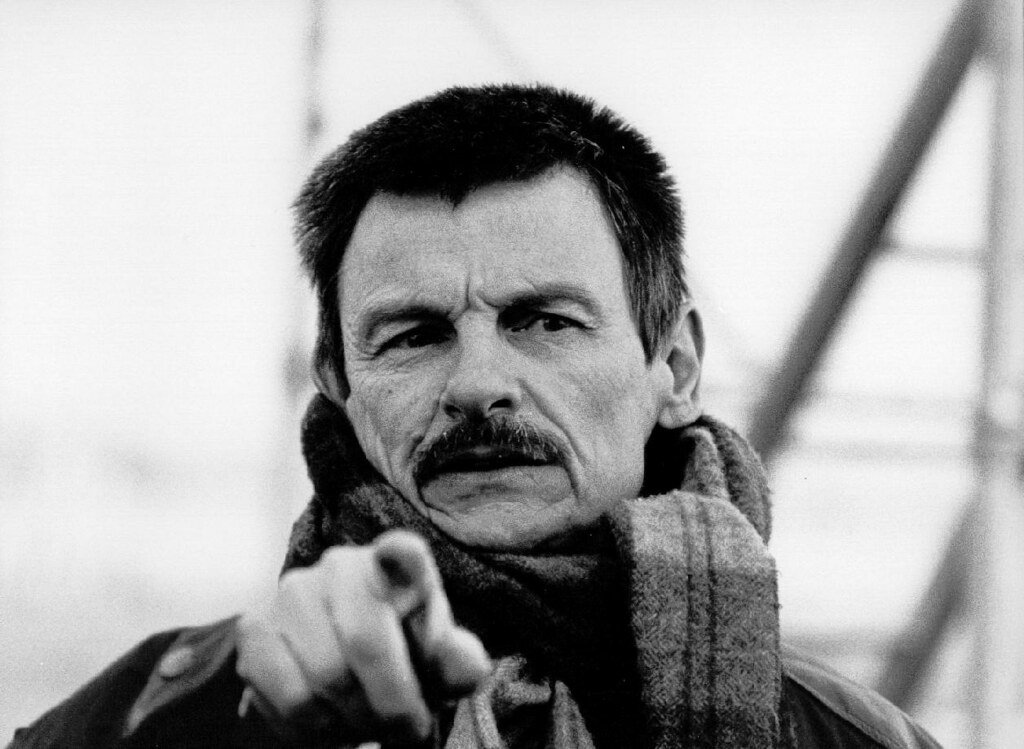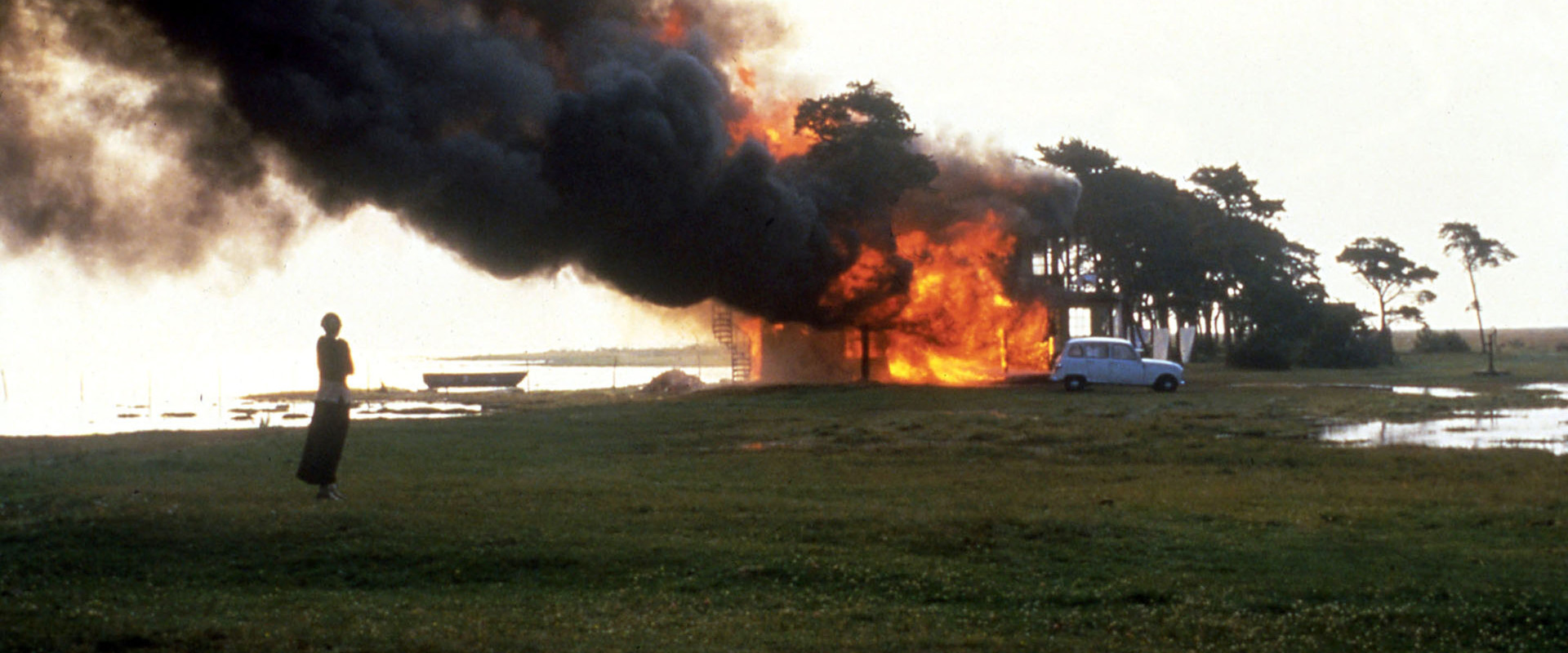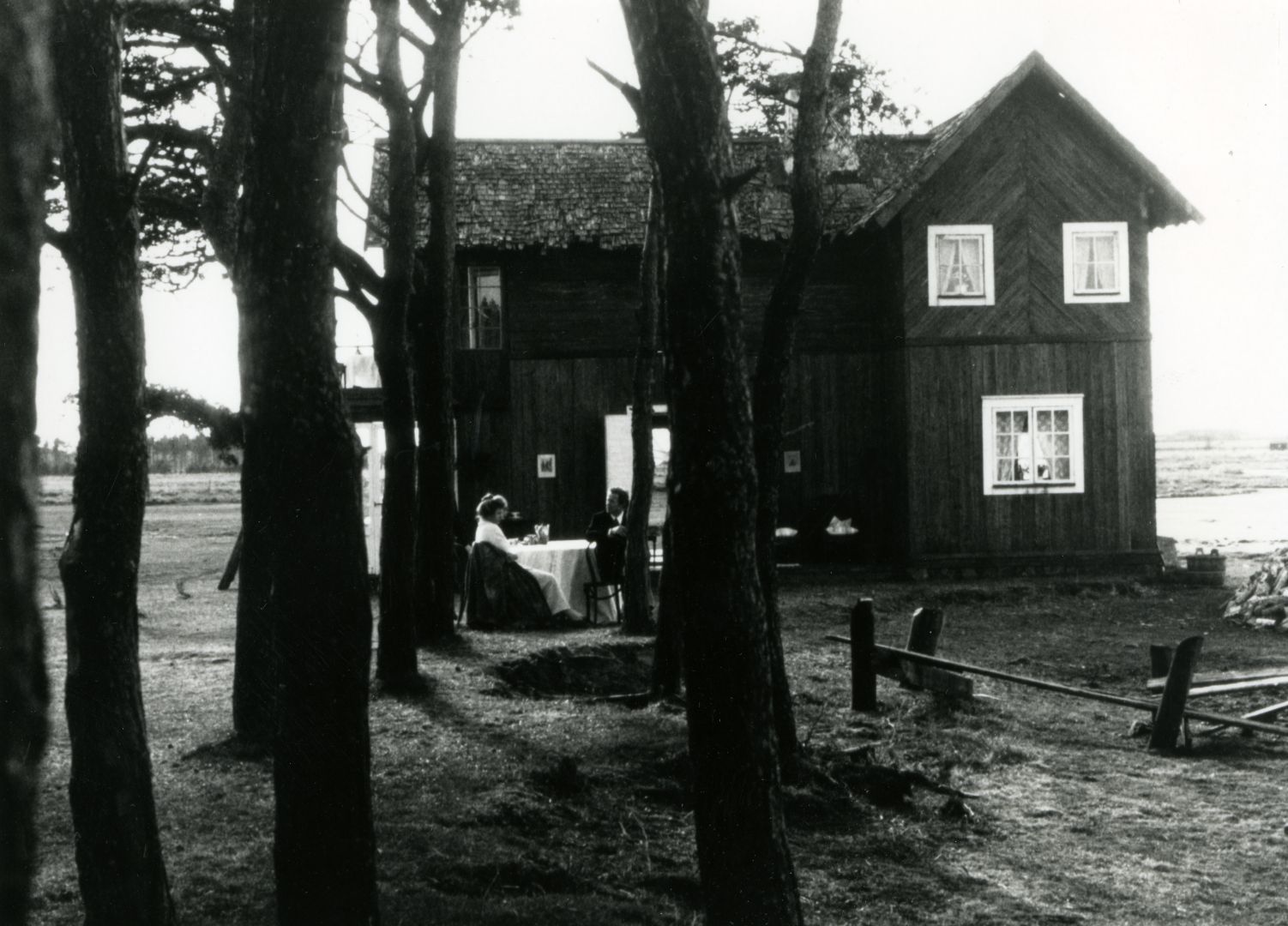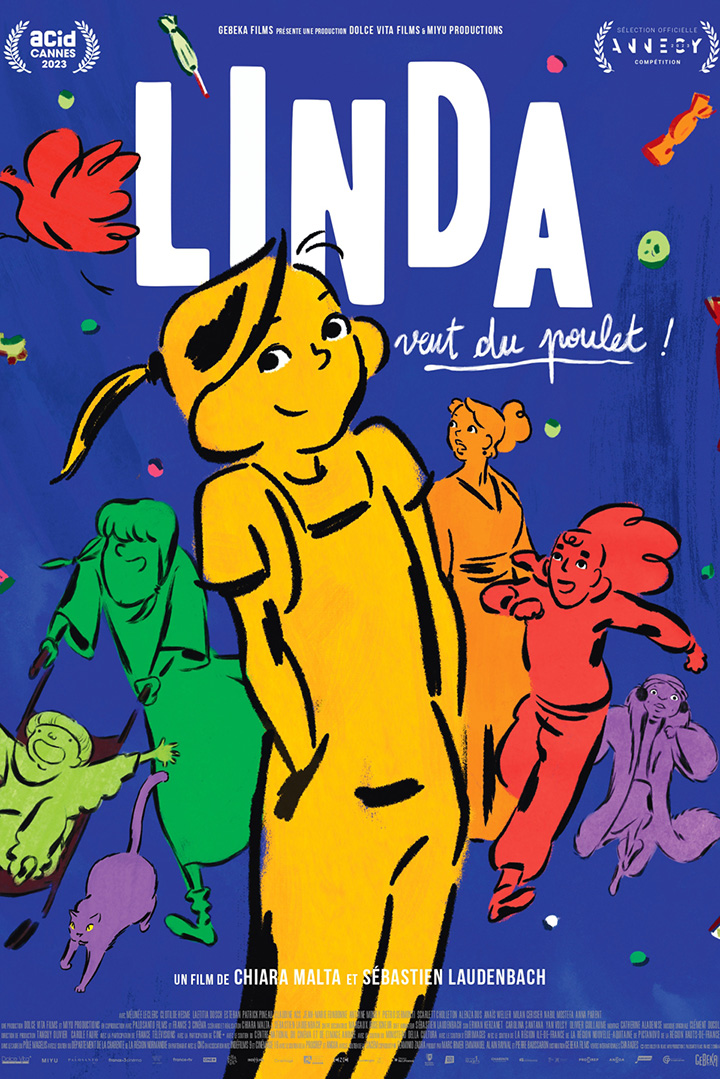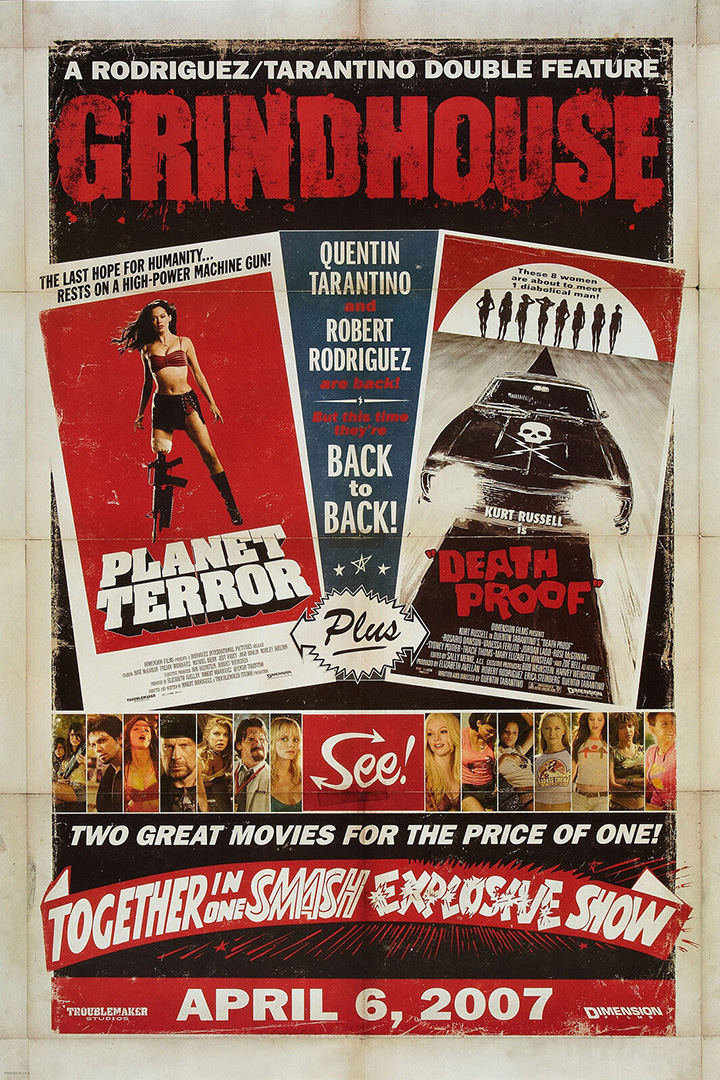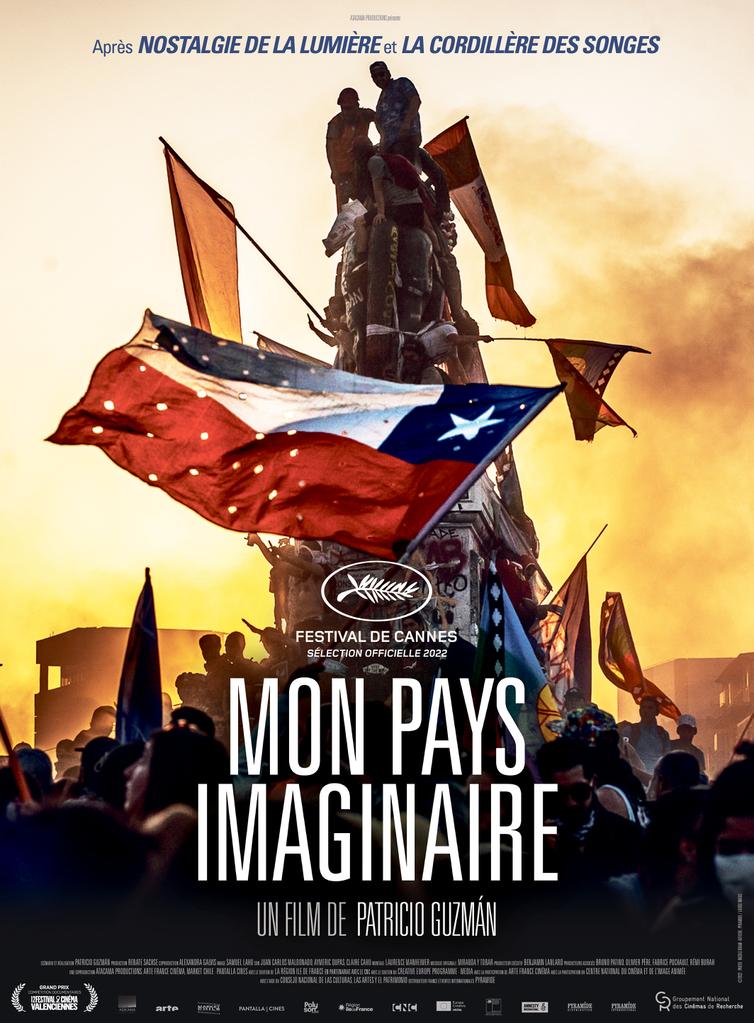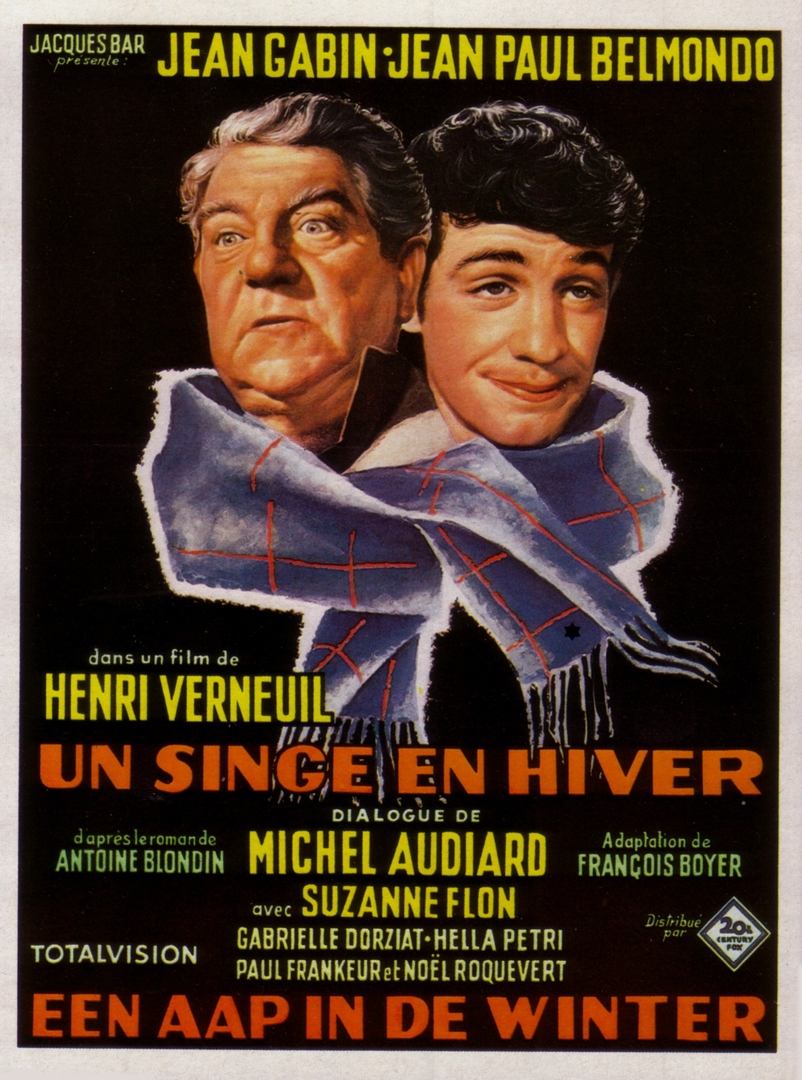The Sacrifice
The By popular demand screenings allow us to respond to special requests from you, our audience! Whether it's a film from a retrospective you want to see again, or a work you want to draw our attention to, we are open to all suggestions. The programming team collects suggestions from the public and responds to them whenever possible.
Winner of the Grand Prix, 1986 Cannes Film Festival
Alexander is an old writer living in seclusion on a Swedish island. During an evening with friends, he learns that a global nuclear war has broken out, which means the end of the world is coming. Alexander is ready to sacrifice everything to get things back to the way they were, and is told that the local witch might be able to grant his wish.
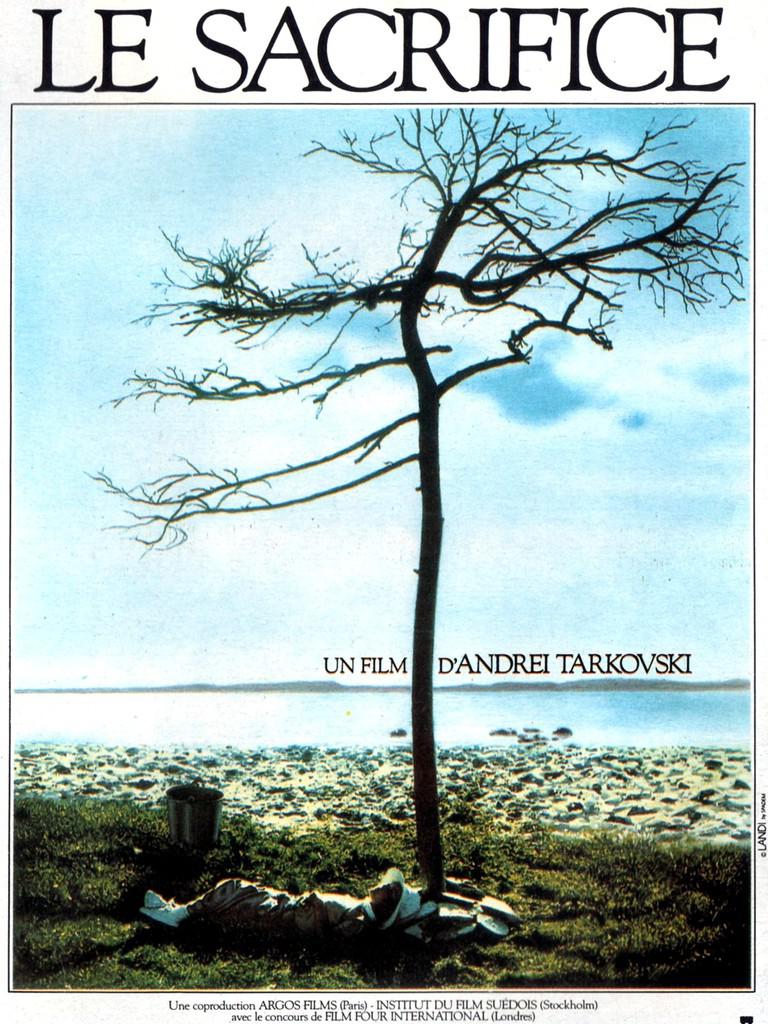
Andrei Tarkovski
Considered one of the greatest Soviet directors, Andrei Tarkovsky directed seven feature films that place him among the masters of cinema. Awarded the Golden Lion at the 1962 Venice Film Festival, his first film, Ivan's Childhood, is seen as a sign of renewal in Soviet cinema. However, he immediately distanced himself from any pro-Soviet political considerations with his next film, Andrei Rublev (1966), which led to censorship for his subsequent films. Unable to obtain funding from Soviet authorities, he left the USSR at the end of the 1970s to make his last two films, Nostalghia (1983) and The Sacrifice (1986), for which he received the Grand Prix at Cannes. His demanding and mystical work explores many themes such as childhood, Russian history, everyday life, as well as the connection to the land and to natural elements. His films, including Stalker (1979) and The Mirror (1975), are considered classics.
